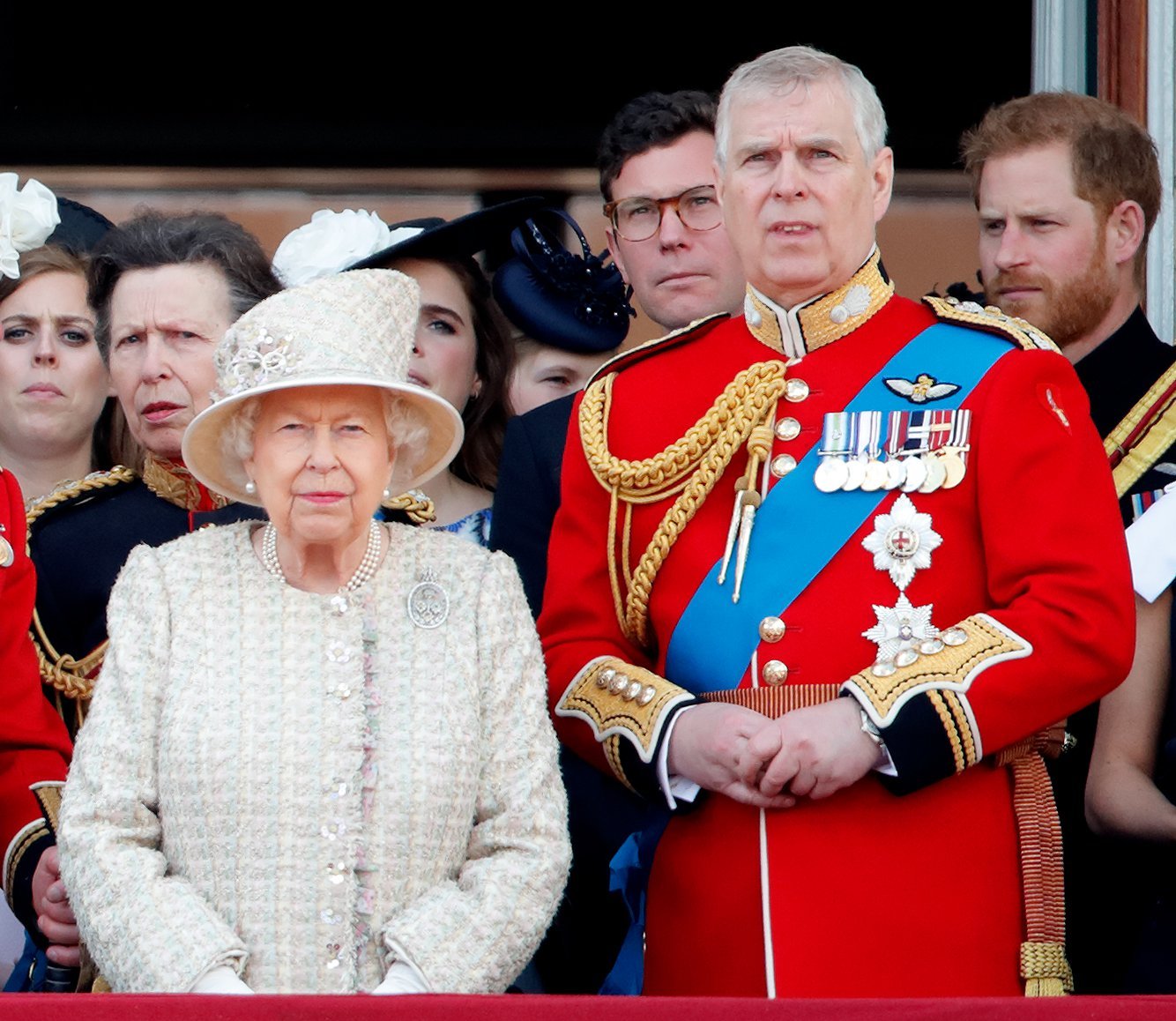Prince Andrew facing fresh questions over how he’ll continue to fund lifestyle after royal titles stripped – iNews
Prince Andrew is facing fresh questions about how he will continue to be able to afford both his lifestyle and his lawyers after being publicly cut adrift from his royal titles by the Queen.
The Duke of York has long been the subject of speculation arising from the absence of public information about his income and a lifestyle replete with the trappings of a luxurious existence, including his sprawling Royal Lodge home in Windsor, a collection of luxury watches and the apparent recent acquisition of a £80,000 Range Rover.
Until he stepped back from public life following his disastrous BBC Newsnight interview in 2019, the Queen’s second son received an annual allowance of about £250,000 paid from the monarch’s private Duchy of Lancaster income to fund his office at Buckingham Palace.
Alongside a modest Royal Navy pension of £20,000 a year, these are the prince’s only publicly acknowledged sources of income.
Experts in royal finances have previously surmised that the Queen, whose annual private income stands at around at least £20m, has been available to financially support Andrew.
The decision by the Queen to strip the prince of his military titles, alongside an agreement apparently thrashed out with the involvement of Prince Charles that Andrew will no longer use his “HRH” styling, raises the question of whether any financial support offered by the monarch has also been removed.
It remains the case that the duke is not without several sources of income.
It was revealed by i earlier this week that he is finalising the sale of his chalet in the Swiss ski resort of Verbier for some £17.5m after settling a £6m legal dispute with the former owner of the property.
The resulting proceeds of the sale are unclear given that the duke and his wife, Sarah Ferguson, are said to have taken out a £13m mortgage to fund the chalet purchase in 2014.
Whatever is left is nonetheless likely to have been earmarked for use in Andrew’s legal fund as he pursues his defence against the sex allegations being brought against him by Virginia Giuffre, who could seek damages running into tens of millions of pounds should she win.
Even if the case results in vindication for the prince, his costs including a high-profile Los Angeles lawyer are likely to be substantial as it moves to a new and more intense phase following the failure of an attempt by Andrew’s legal team to have the proceedings thrown out.
A source close to the duke last night insisted that he intends to continue fighting the case, adding: “This is a marathon, not a sprint.”
The prince is believed to have profited significantly from the £15m sale of Sunninghill Park, the Windsor mansion bought for him and the Duchess by the Queen following their mansion.
The property was sold in 2007 for a figure some £3m over the £12m asking price to Timur Kulibayev, the billionaire son-in-law of Kazakhstan’s former president Nursultan Nazarbayev.
Although the prince was acquainted with both men, it has long been insisted that he had no involvement in the sale.
The duke has a longstanding friendship with property developer and Conservative Party donor David Rowland.
The Bloomberg news agency reported last year that the prince had repaid a £1.5m loan from a Luxembourg bank owned by Mr Rowland, while in 2011 it was reported that the developer had also helped in clearing debts owed by the Duchess of York.
When asked about the last year’s loan repayment, a spokesperson for the duke declined to comment on any specific transactions.
The spokesperson added: “The duke is entitled to a degree of privacy in conducting his entirely legitimate personal financial affairs, on which all appropriate accounting measures are undertaken and all taxes duly paid.”
All rights reserved. © 2021 Associated Newspapers Limited.




